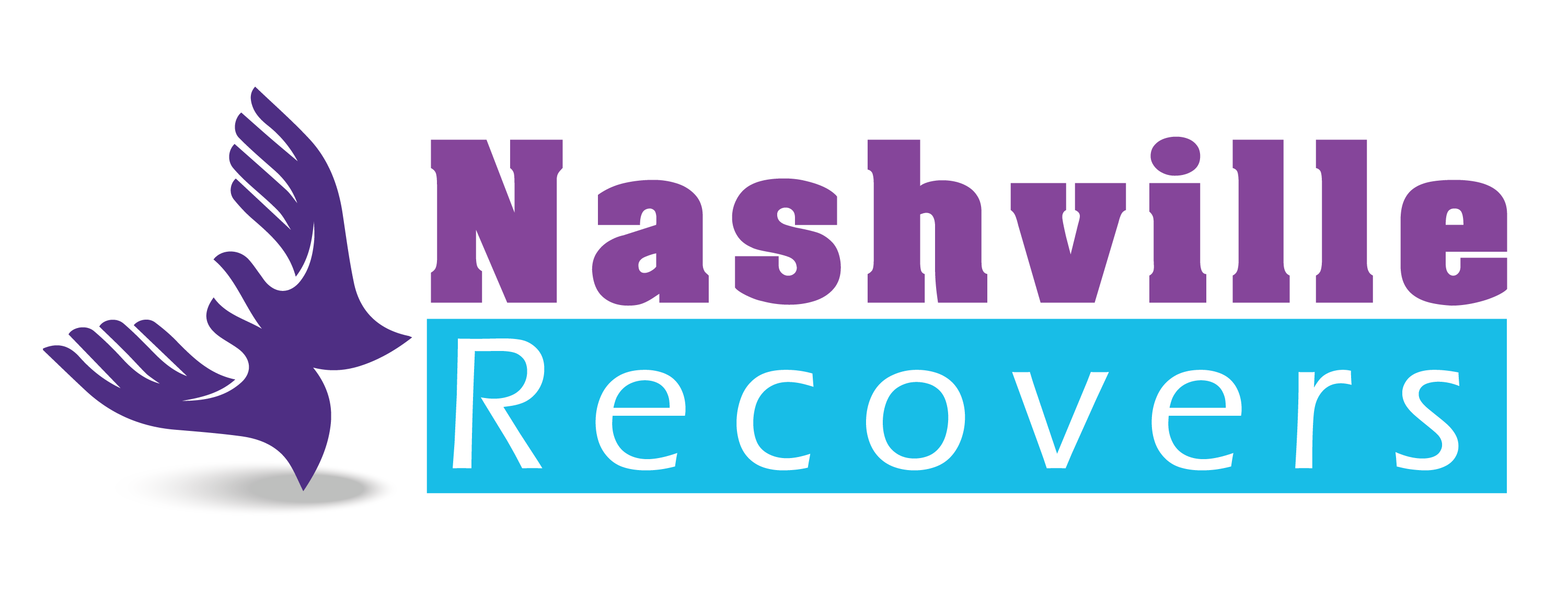by Brad Schmitt
My last night in rehab was my worst — raging headache, overwhelming fear and nagging thoughts kept me up most of the night.
Where am I going to work? How will I get around without a driver’s license? Will I really go to these recovery meetings on the “outside”? Am I really an addict?
Desperate and dark, I wondered if I had anything to offer, or if anyone would ever see me as anything other than the screw-up who got two DUIs and got fired from a TV station.
I felt hopeless and lost.
My brother Todd and my friend Christine picked me up the next day, and they took me to my first “outside” meeting. A recovery friend, Dan, waited for me on the back porch.
I had family and friends — including a sober buddy — help me take my first step to a new life, free of drugs and alcohol.
What I’ve learned since is that lots of people in early recovery have no such support.
Many addicts have alienated everyone in their lives. Others are afraid to ask for help. Still others are just wildly uncomfortable with the idea of living clean. We can isolate and feel alone.
So dozens, hundreds, thousands of people coming out of treatment centers or jails or prisons relapse almost immediately.
That’s the gap that Nashville Prevention Partnership tries to fill.
NPP has long been a drug prevention agency. Right before coming back to The Tennessean, I helped NPP add recovery to its mission.
That initiative is called Nashville Recovers.
It started with a website, NashvilleRecovers.org, that has listings of treatment centers, detox facilities, sober living houses and other agencies and fellowships to help people get and stay clean.
Now, Nashville Recovers hosts recovery meetings in Metro Jail, at Metro DUI School and in treatment centers.
Those meetings bring inmates and patients together with people who have been sober awhile. It’s a way to make sure people coming out of lock-up and rehabs will know at least a few people in recovery on the outside.
We mentors strive to serve our fellow addicts without judging them, offering safe places for early-recovery addicts to feel supported.
We’ve had the chance to take dozens of men and women to their first outside meetings. We’ve taken them to sober living houses, to job interviews, to doctor’s appointments and, often, back to treatment.
Addiction is tough, and it usually takes several tries for addicts to get clean.
The disease leaves its victims feeling alone and lonely. NPP does great work offering addicts hope and love, and the feeling that, together, we do recover.

Recent Comments